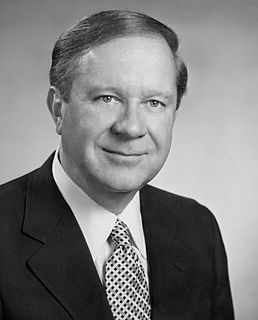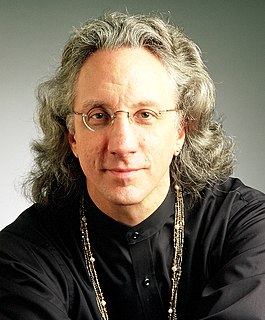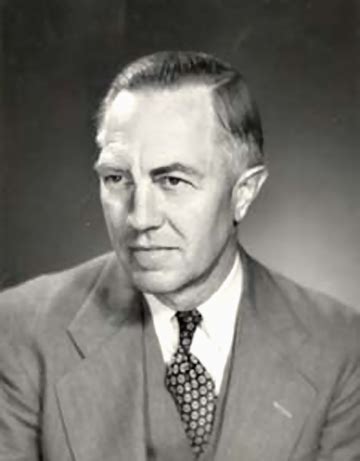A Quote by Louis O. Kelso
It is the institutions of society, not parental genes, that bestow the blessings of ownership of productive capital.
Quote Topics
Related Quotes
The idea that the profits of capital are really the rewards of a just society for the foresight and thrift of those who sacrificed the immediate pleasures of spending in order that society might have productive capital, had a certain validity in the early days of capitalism, when productive enterprise was frequently initiated through capital saved out of modest incomes.
There are but three political-economic roads from which we can choose... We could take the first course and further exacerbate the already concentrated ownership of productive capital in the American economy. Or we could join the rest of the world by taking the second path, that of nationalization. Or we can take the third road, establishing policies to diffuse capital ownership broadly, so that many individuals, particularly workers, can participate as owners of industrial capital. The choice is ours.
Thus, the capital owner is not a parasite or a rentier but a worker - a capital worker. A distinction between labor work and capital work suggests the lines along which we could develop economic institutions capable of dealing with increasingly capital-intensive production, as our present institutions cannot.
The financial doctrines so zealously followed by American companies might help optimize capital when it is scarce. But capital is abundant. If we are to see our economy really grow, we need to encourage migratory capital to become productive capital - capital invested for the long-term in empowering innovations.
Informal relationships are not mere minor interstitial supplements to the major institutions of society. These informal relationships not only include important decision-making processes, such as the family, but also produce much of the background social capital without which the other major institutions of society could not function nearly as effectively as they do.
The purpose of finance is to enable business to acquire the ownership of capital instruments before it has saved the funds to buy and pay for them. The logic used by business in investing is things that will pay for themselves is not today available to the 95% born without capital. Most of us owe instead of own. And the less the economy needs our labor, the less able we are to "save" our way to capital ownership.
Socialist revolution aims at liberating the productive forces. The changeover from individual to socialist, collective ownership in agriculture and handicrafts and from capitalist to socialist ownership in private industry and commerce is bound to bring about a tremendous liberation of the productive forces. Thus, the social conditions are being created for a tremendous expansion of industrial and agricultural production.
If it be asked, Why does God not bestow the same or equal blessing upon all people? we can only answer, that has not been fully revealed. We see that in actual life He does not treat all alike. For wise reasons known only to Himself He has given to some blessings to which they had no claim…and has withheld from others gifts which He was under no obligation to bestow.
I have therefore come to the opinion that the most reasonable recourse for the humanization of society and its institutions is to abandon them and begin again to build a society with a just, equitable and compassionate economy with justice, equality, and reverence for all life insured by the goals and forms of all its institutions.
































